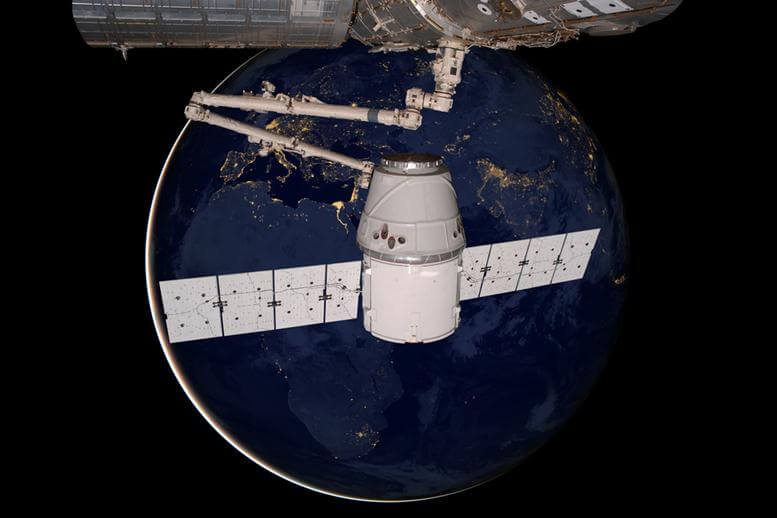According to a Bloomberg report, US regulators have granted SpaceX permission to launch over 7,000 SpaceX satellites. The permission granted yesterday allows Elon Musks’ company to deploy far more satellites than is currently in orbit.
SpaceX Satellites
Previously, the company won permission to deploy over 4,000 satellites. These are designed to provide broadband communications, and the latest permissible fleet will be added to that network.
Launches won’t happen until next year though, and as it stands, there are only two SpaceX satellites in orbit.
Crowded Space
However, the amount of additional space traffic means concerns such as overcrowding are a real issue and it “demands vigilance,” according to Federal Communications Commission (FCC) Chairman Ajit Pai.
Currently, the earth has just under 2,000 operating satellites in orbit.
Along with Musk’s application, the FCC voted on a variety of other space concerns including debris rules.
The evolution of satellite technology means that space companies are producing innovative fleets of satellites that are small and will fly low. For example, some of these are just four inches long and weigh only three pounds.
As Pai puts it, “Even a centimeter-wide object can wreak devastating damage to satellites.”
Space Debris
Along with smaller-sized satellites that run the risk of crashing into the larger more common crafts that currently handle most of our communications, space debris from these machines is an issue.
>> Ikea Canada: Used Furniture Buy-Back for Store Credit Now Available
This is because space debris is growing; about 500,000 small pieces of metal were estimated to be in orbit in 2012. This was roughly five times the total in 2004, according to the FCC.
Director of George Washington University’s Space Policy Institute, Henry Hertzfeld, has been vocal on the subject:
“Certain orbits are getting crowded […] It is a problem that’s getting magnified in low Earth orbit by the proliferation of small satellites.”
The FCC has asked for more calculations and plans from space companies such as SpaceX to address the issue. It wants calculations that will reduce orbiting debris and reduce potential collisions between crafts. A satellite requires other devices to carry it into space, and these devices usually remain aloft after releasing the satellite, creating debris.
Featured Image: Depositphotos /© NASA.image










